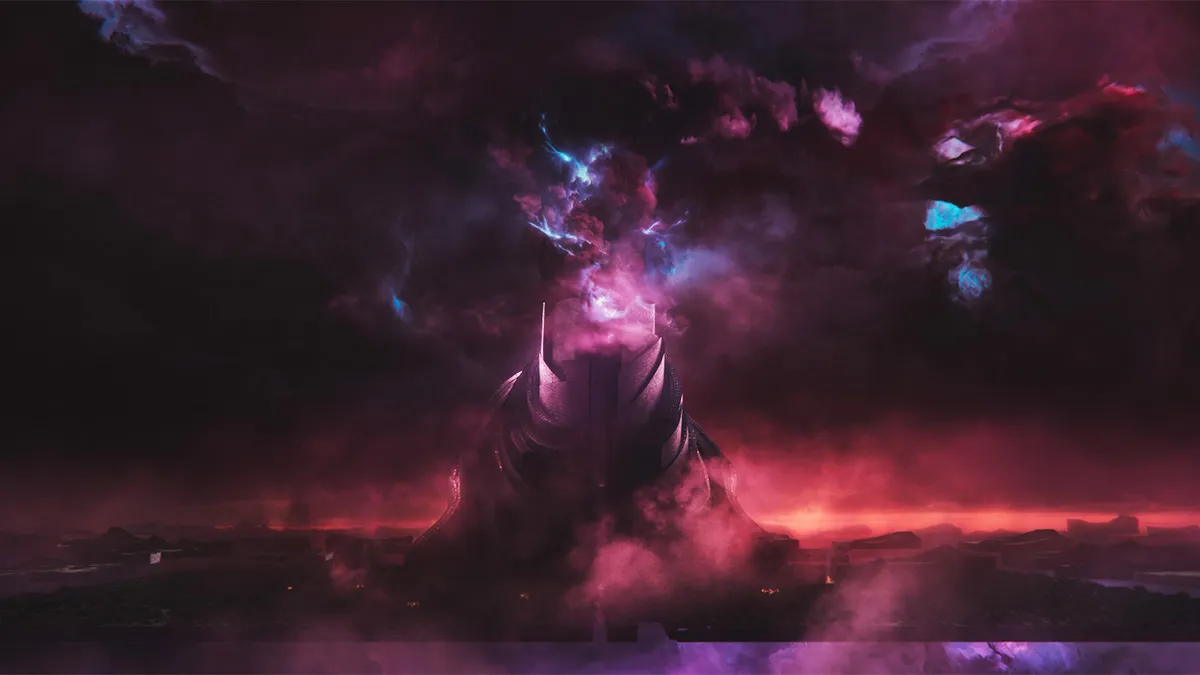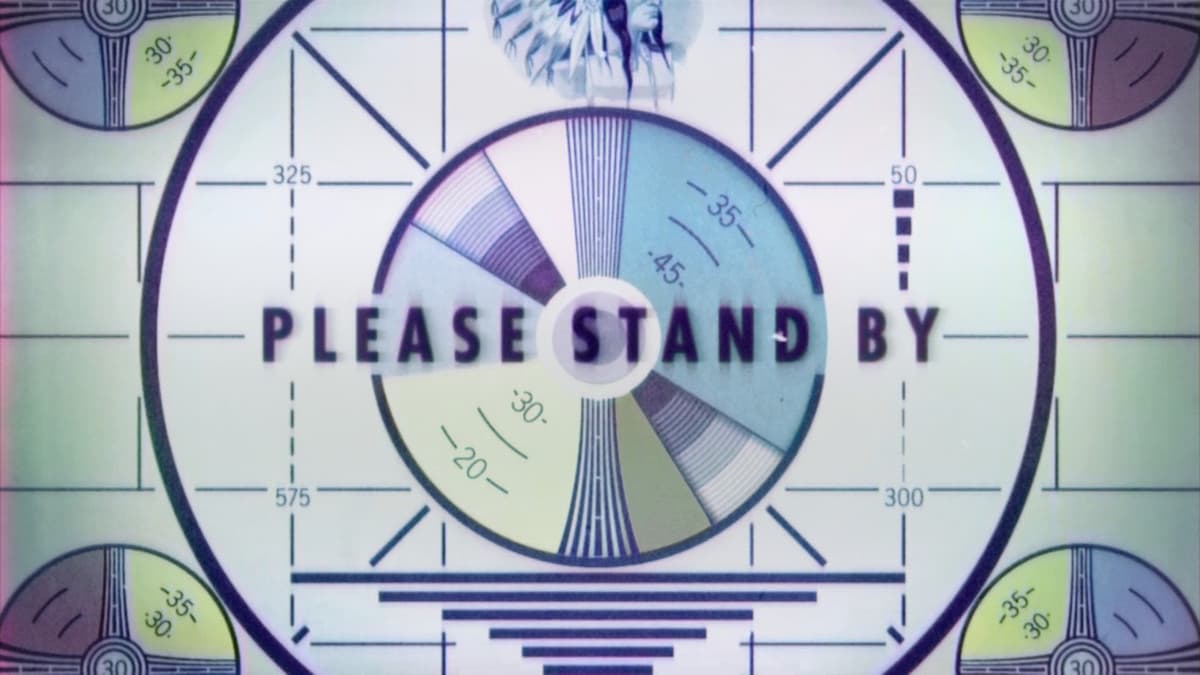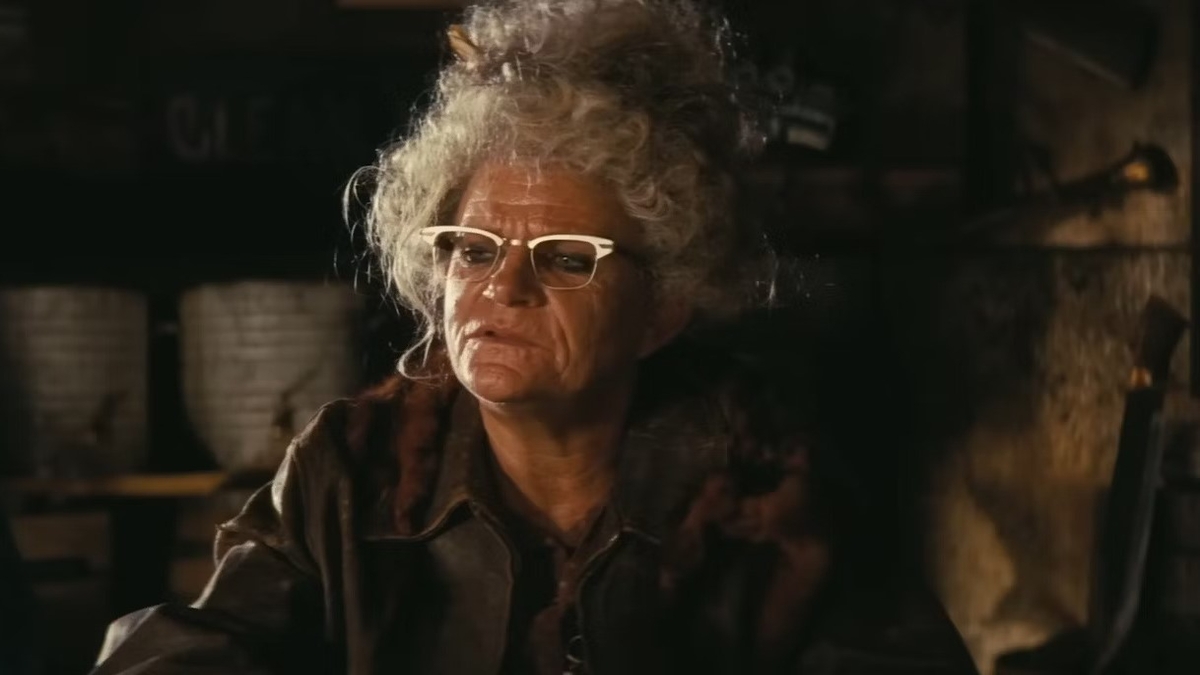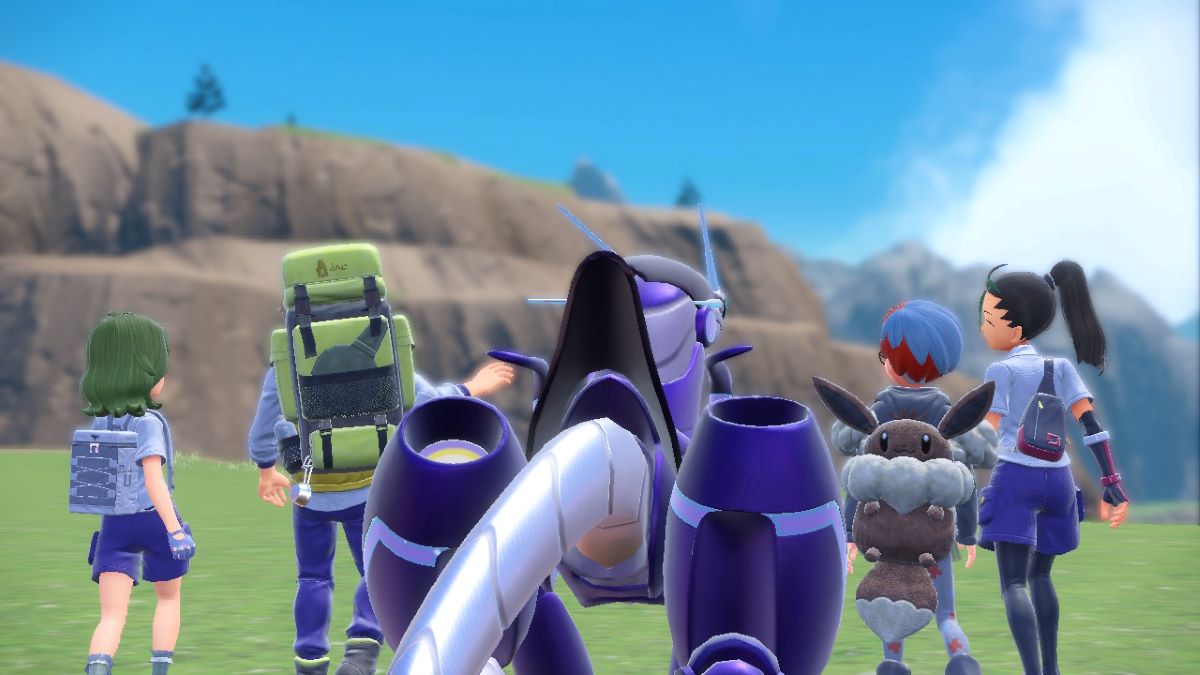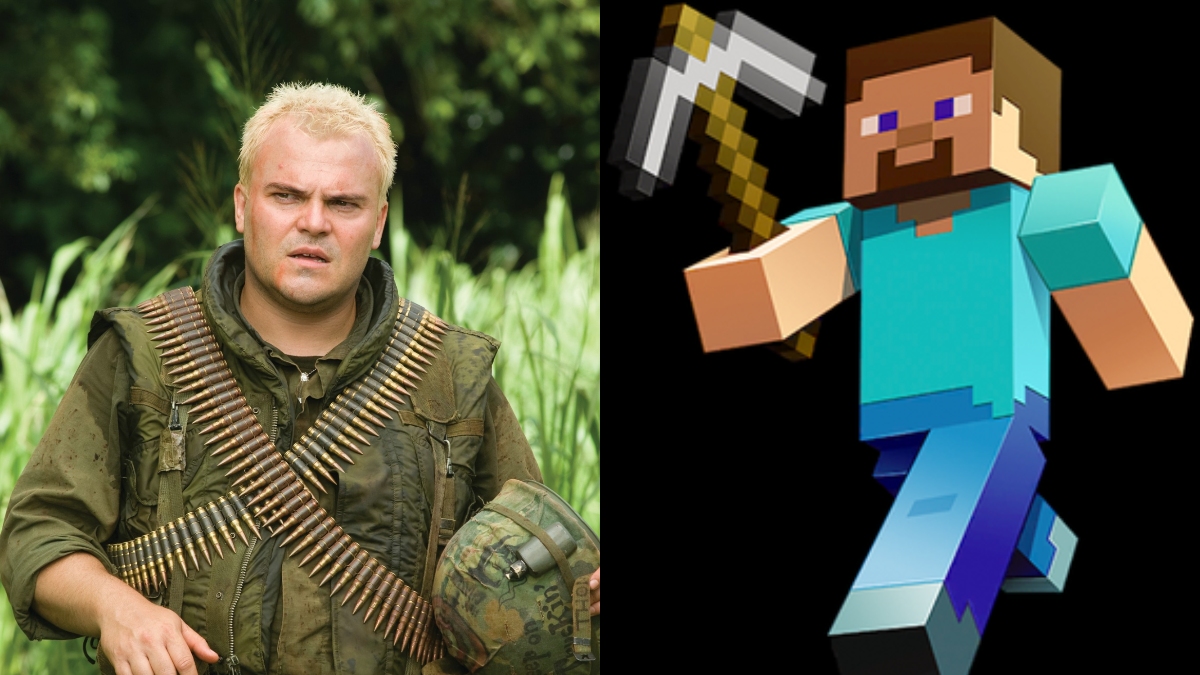It has been about three and a half weeks since the shootings in Newtown, Connecticut, about two and a half weeks since the National Rifle Association released a statement which, among other things, pointed an outraged finger at the gaming industry, calling it “a callous, corrupt and corrupting shadow industry that sells, and sows, violence against its own people.”
As a parent, I had to raise a concerned eyebrow at this idea. I don’t think any parent believes that a video game is going to make their son or daughter go insane and massacre children, but the horror of last month’s events does raise the question: is the world of virtual gaming a safe environment for our kids?
Well, It Depends…
To my thinking, this depends on a lot of factors and has to be answered on an individual basis. What games are the kids playing? Who are they playing with? How are the kids responding to these games? Why do they like to play them?
Gamers who happen to be minors often have more free time than their grown-up, professional counterparts. For some kids, gaming can involve several hours a day, enough time during the week to reach or even exceed the equivalent of a part-time job. Does this mean you should be worried about your kids’ behavior?
Not necessarily. But it’s important to recognize the amount of time that your child is spending in this virtual existence and understand that it’s an integral part of his or her life. You can’t know whether or not it’s a good environment unless you take some time to find out. As parents, we demand to meet our kids’ friends, to know what activities they are involved in after school, to know where they are going and when they are coming home.
Their gaming life should be no exception.
Take the Red Pill… (Erin, what’s the red pill?)
You might not go to your child’s every soccer practice, but you probably try to make it to most of their games. You’ve probably met their coach. I’m sure you know a few of their teammates. If you haven’t made the same effort to get to know your child’s gaming community, it’s time to start. Find out what games they play the most, and either buy a copy for yourself or at least sit for a significant amount of time and watch them play.
Preferably both.
Playing the game on your own will teach you something about the general environment with which they are surrounding themselves. Every video game has its own “culture,” just like a sports team or a business organization. If there are no other real players involved, you can learn the general culture of the game by playing it on your own. But if the game is an MMORPG, the nature of the game can change dramatically depending on your child’s sub-group of friends.
Most MMORPG’s are based around groups of people who play together, whether those groups are known as clans or tribes or guilds. These people are your child’s virtual teammates, and your child interacts with them every time he or she plays, whether just by typing or by live voice over an audio service such as Ventrilo or Mumble or Skype.
Guilds can be supportive or ruthless, they can curse like sailors or keep their guild chat clean, they can use violent superlatives like “raping” other players in battle or they can enjoy their virtual achievements in a friendly, congenial atmosphere. Remember, your kids could be spending twenty hours or more with these people every week. It’s high time you knew something about who they are.
The Best Defense Against Violent Influence is Non-violent Influence
Not every video game is violent, and even in those that do contain violence, the influence of the right gaming community can shape them into positive experiences, even for impressionable young minds.
In World of Warcraft, we kill “bosses” for loot, a classic MMORPG model, but our guild has strict rules regarding the atmosphere in which we pursue our gaming goals. We keep our guild chat rated E for Everyone. We do not allow jokes that target race, gender, religion, nationality or political affiliation. We do not allow players to yell at or turn on each other no matter how badly things in the game are going. We require respect at all times: from all guild members and toward all guild members.
We embody a mix of both older and younger players, and I like to think the adults are helping to teach the next generation something about treating people with dignity, remaining calm under pressure, and building one’s self-esteem without attacking anyone else’s. I know for a fact that there are people in my guild, people I’ve never met, who would literally fly across the country and come to my rescue should I ever need it, knowing also that I would do the same for them.
If your child is gaming with a group of people like this, I would not be concerned about them in the least. In fact, I would encourage them to find out who among their gaming community might be able to help them in real life, by writing a recommendation letter, for example, to a potential employer or to a university. (Before you dismiss this idea as ridiculous, you should know that there is at least one verified case of a young gamer acquiring a scholarship to a private high school due to connections that he made entirely through playing World of Warcraft.)
The Family That Games Together…
In our family, we play World of Warcraft, and our kids are in our guild. We know they are in a positive environment because we built it that way and we continue to maintain it. Even when our kids are playing other games, we encourage them to play on the console attached to the living room television, where we can be with them, enjoying their company as they play.
Whether you decide to game with your kids actively or just show some interest in that part of their lives, it can’t help but bring you closer together as long as you approach it like any other parenting task, with support, encouragement, and respectful guidance. And who knows? If you do take that trip down your kids’ virtual rabbit hole, you might discover that defending the city against rampaging monsters is more fun than you imagined.

